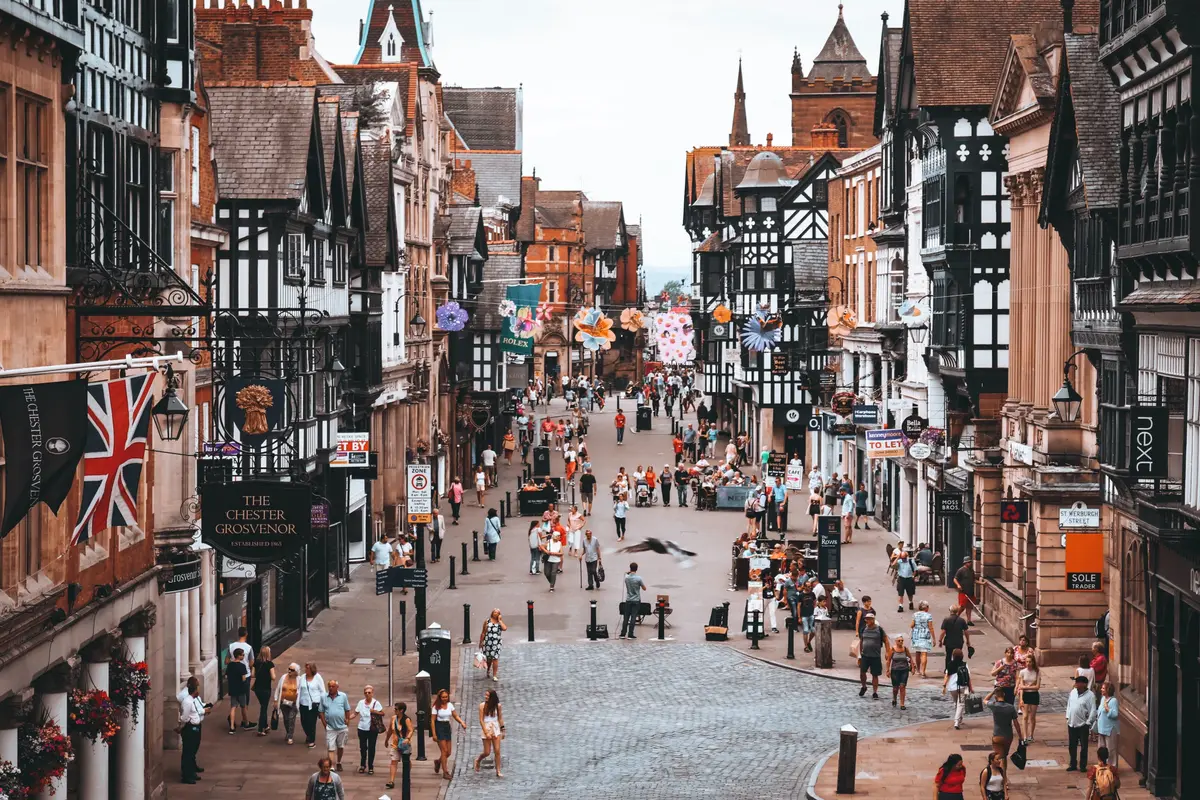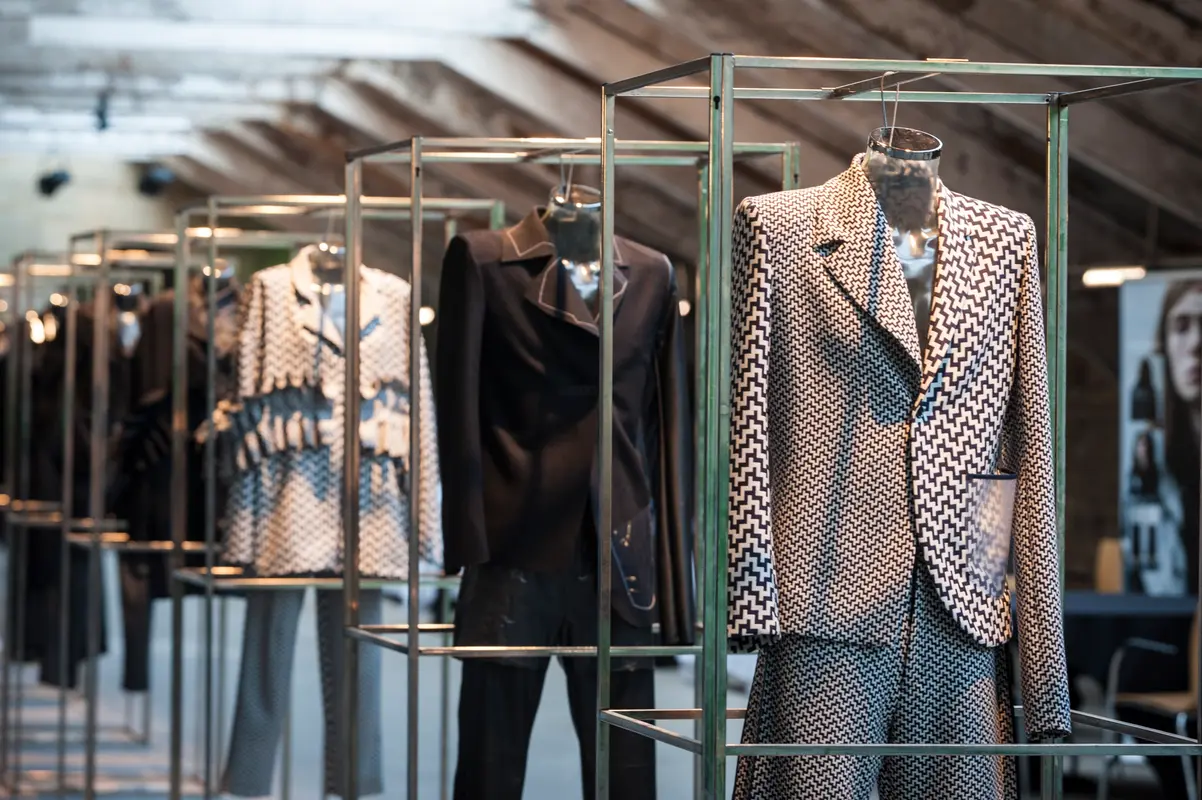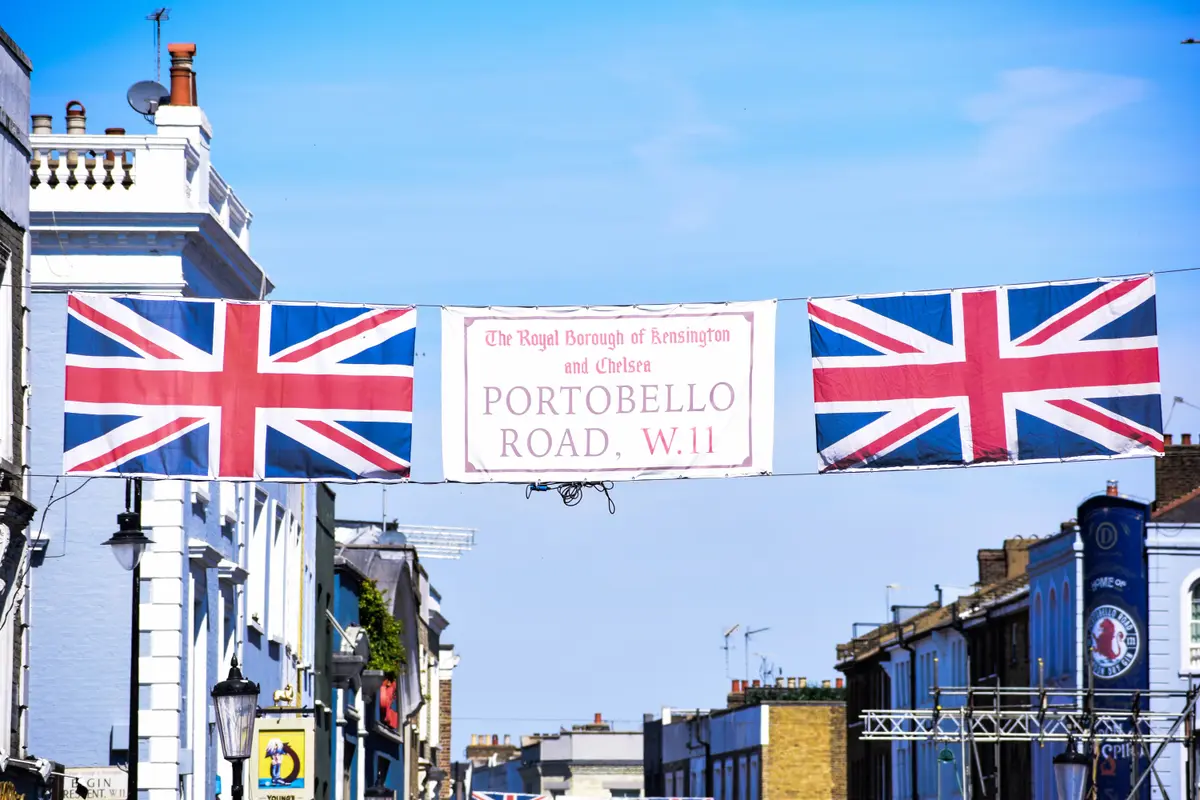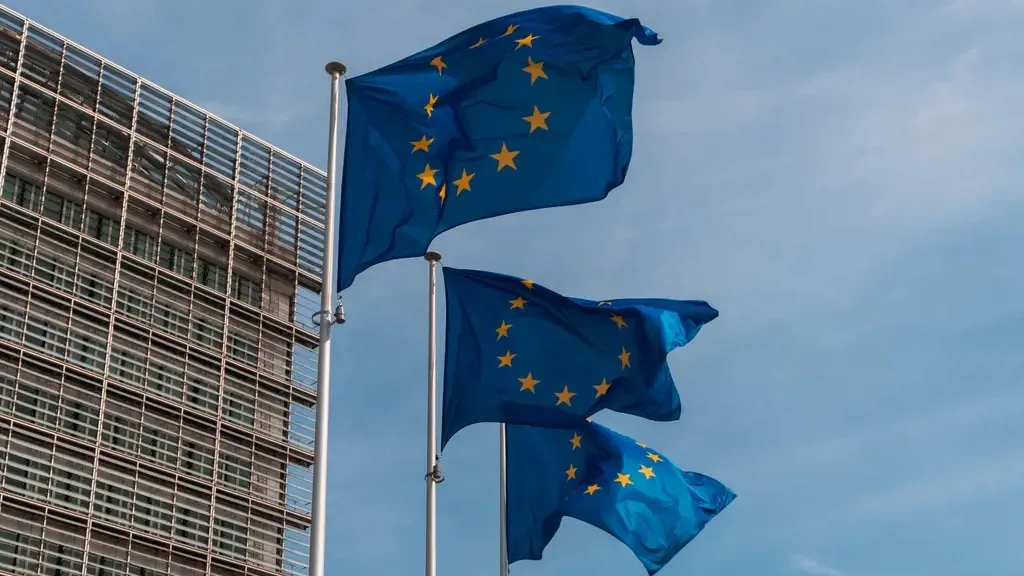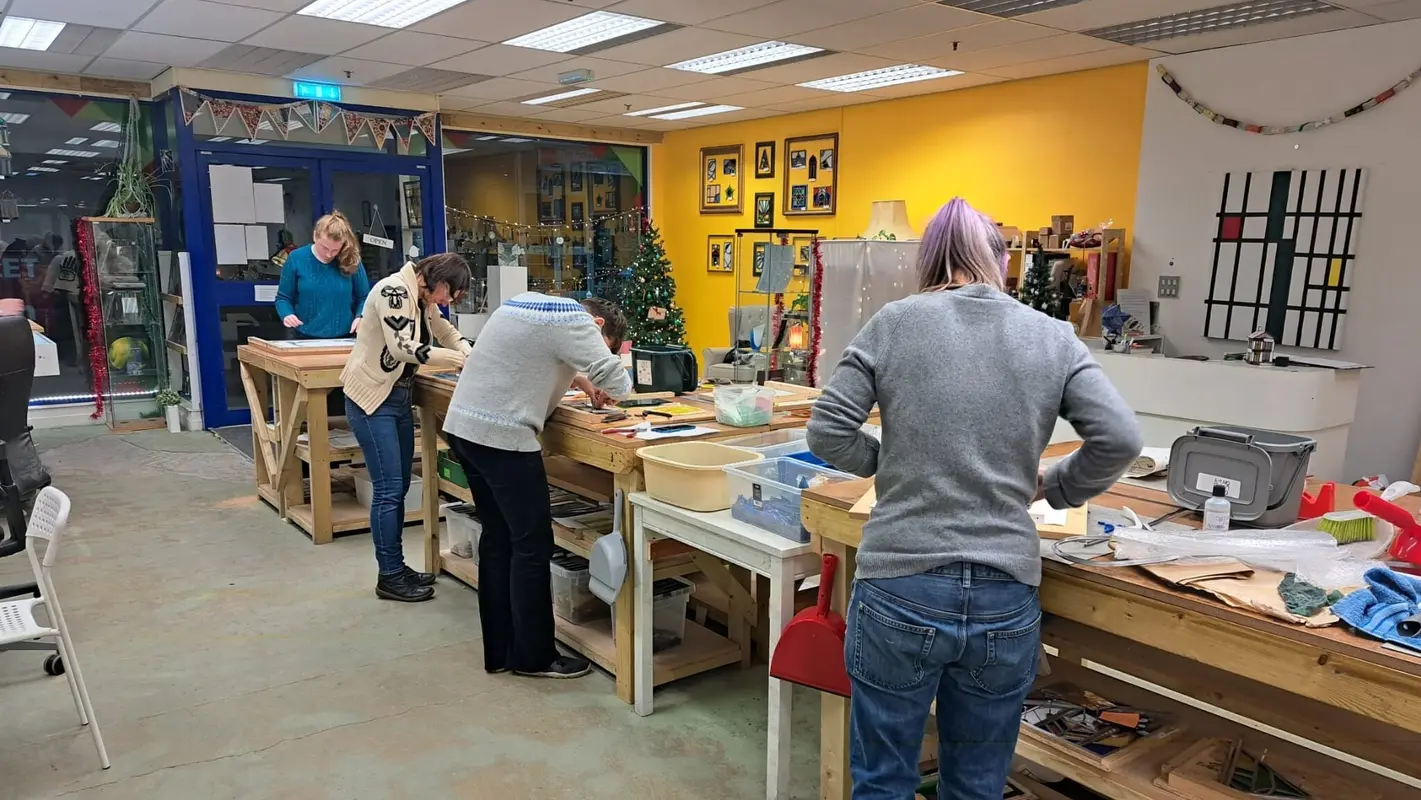A literature review & policy implications of the impact of the Capital of Culture on local economies
The European Capital of Culture programme has been running since 1985. Every year a new capital has been chosen, from Riga in Latvia to Galway in Ireland. Since 2010 two countries have been chosen to host the programme simultaneously, running cultural events across the year and appointing a host city.
The programme has become more popular over the years, as competition to win the 1.5 million euro prize has increased, and cities and governments have been drawn to claims that there are significant social and economic benefits of being a Capital of Culture.
The UK’s own ‘City of Culture’ programme was designed along similar lines to the EU’s scheme, and was launched after Liverpool were appointed Capital of Culture in 2008. In 2021 Coventry will be hosting the programme.
There is now a considerable amount of research on the impact of the programme on local economies. This is the first paper that attempts to synthesise this body of evidence, and challenges some of the assumptions about the positive economic benefit for local economies.
Ultimately, the authors found that there is limited evidence that the programme has a transformative economic effect for the host city.
This is not to say that the programme is not worthwhile. It can attract tourism and funding to a region, and can generate a fantastic array of arts and cultural projects that benefit local people and put their city on the map.
However, ultimately this paper finds that, on the whole, the economic impact of the European Capital of Culture is neither large nor sustained.
This report is being published as part of the PEC’s campaign Creative Places, which is calling for the government to invest in our local creative industries via targeted funding to creative microclusters
Please reference this paper as:
Nermod, O., Lee, N. and O’Brien, D (2021) The European Capital of Culture: A review of the academic evidence. London: Creative Industries Policy and Evidence Centre, London School of Economics and University of Edinburgh. Available from: https://www.pec.ac.uk/discussion-papers/the-european-capital-of-culture-a-review-of-the-academic-evidence
Image of European Capital of Culture in Liverpool in 2008, by Beatriz Garcia
Related Discussion Papers
Demand for Creativity and AI Skills in the Post-ChatGPT Labour Market
This study examines the evolving relationship between employer demand for creativity and AI skills i…
Regional Trade Agreements, Cultural Provisions and Trade in Cultural Goods
Analysing the impact of Regional Trade Agreements on the bilateral trade of cultural goods from 1999…
International Trade Challenges and the Effectiveness of Support Measures for the UK’s Creative Industries
The formidable challenges confronting the UK’s creative industries in the realm of exports, st…
Northern England’s Creative Industries
The Creative Industries are already a driver of growth across the UK economy. Export-intensive and m…
Creative Destruction? Creative firms, workers and residential gentrification
A new study by Tasos Kitsos, Max Nathan, and Diana Gutierrez-Posada finds only a minor influence of …
Speaking with One Voice
A fundamental remit of the BBC, and other public service broadcasters (PSBs) like ITV and Channel 4,…
Transitioning to Sustainable Production across the UK Theatre Sector
This discussion paper examines transitional pathways to sustainable theatre production in the UK. By…
Identifying and analysing UK fashion micro-clusters
The UK’s Fashion and Textiles industry contributed almost £20 billion to the UK economy in 202…
Net Zero as a catalyst in fashion micro and small enterprises
This report identifies examples of work taking place across three levels of change – social, e…
The Motives of Inbound Foreign Direct Investors in the UK Creative Industries
The UK’s creative industries have a global reach. British arts, technology, and design are internati…
Brexit uncertainty and international trade in services: Evidence from the UK creative industries 2014-2019
This discussion paper is based on one of the first studies to look at the impact of Brexit on the Cr…
Working Together – Cooperatives as a creative industry business model
This authors looks at how creative workers and students typically understand cooperatives, explore t…




